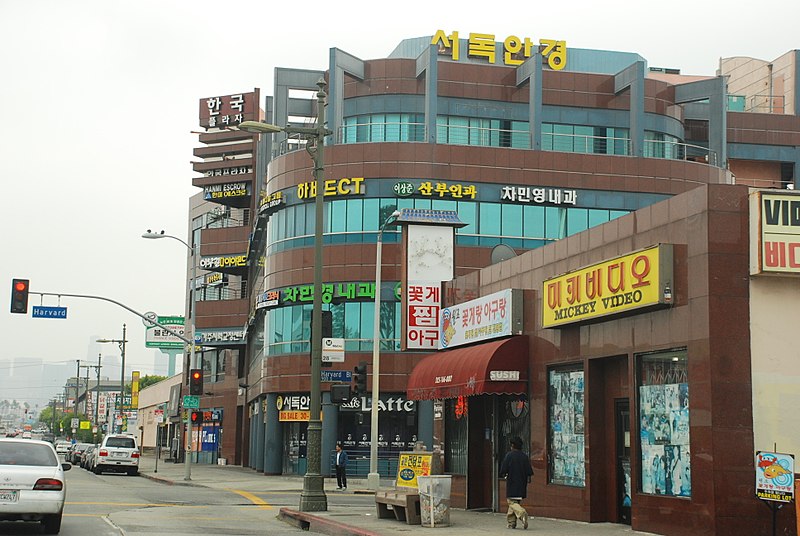[4 minute read]
Language is not something I really think about on a day-to-day basis. Most of the time, I just go through my day freely communicating with ease and not running into any language-related problems. I feel like this is the way a lot of native English speakers living in America feel, and I’ve found that it is a very ignorant way of thinking. Everyone should acknowledge that being fluent in English is a major privilege that is often overlooked or taken for granted by native speakers.
During my first conversation session at ALI, I was talking with an international student specifically about what our high schools were like. He said that he had a few required classes that he had to take during high school, and that one of them was four years of English. I mentioned that I was also required to take a foreign language and my conversation partner was puzzled by this, and he questioned me on why I would be required to learn any other language besides English. This forced me to step back and think more deeply about English.

My conversation partner’s statement is sad but true, because in a practical sense, if you know English, there is not a need to know any other language because of English’s dominance in the world. This is unfortunate, because it is not fair to rate languages above each other because it creates a big disadvantage to those who are not native English speakers, and thus they are given the burden of learning another language (usually English) out of necessity.
Continue reading Taking English for Granted






